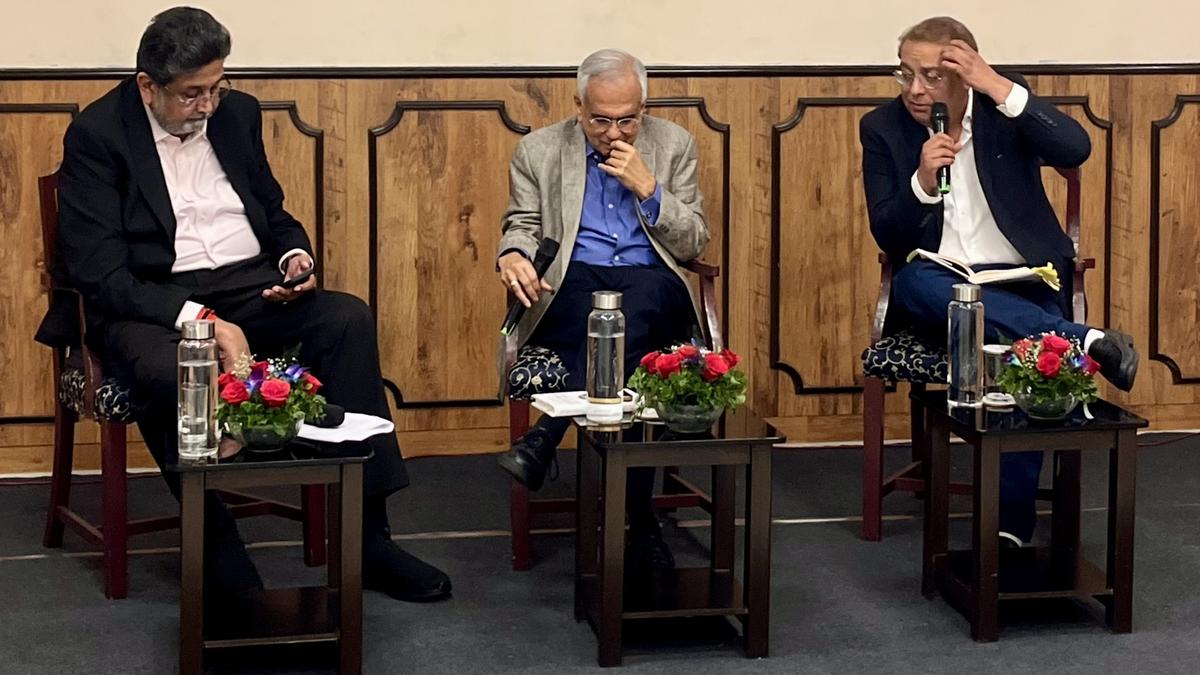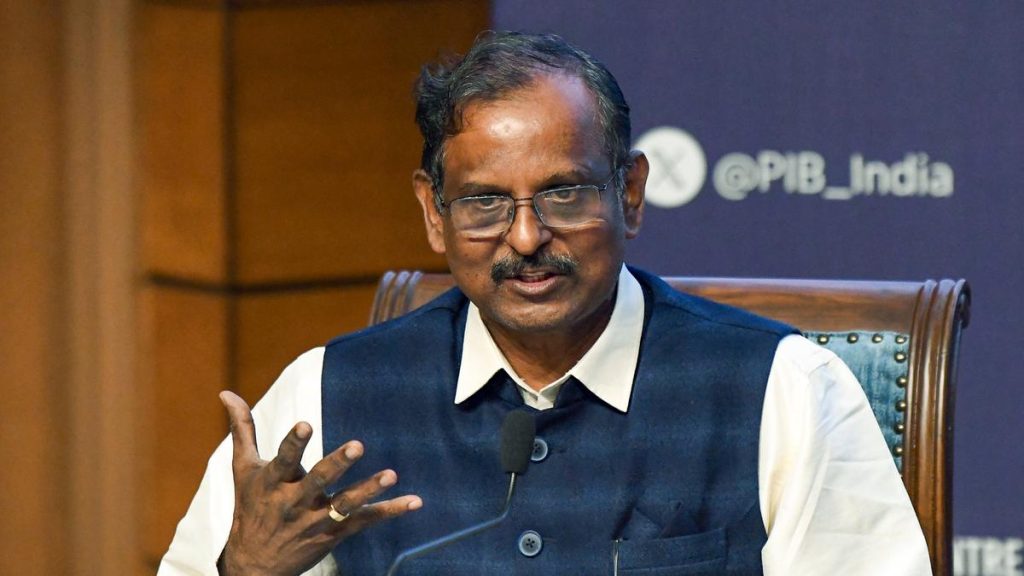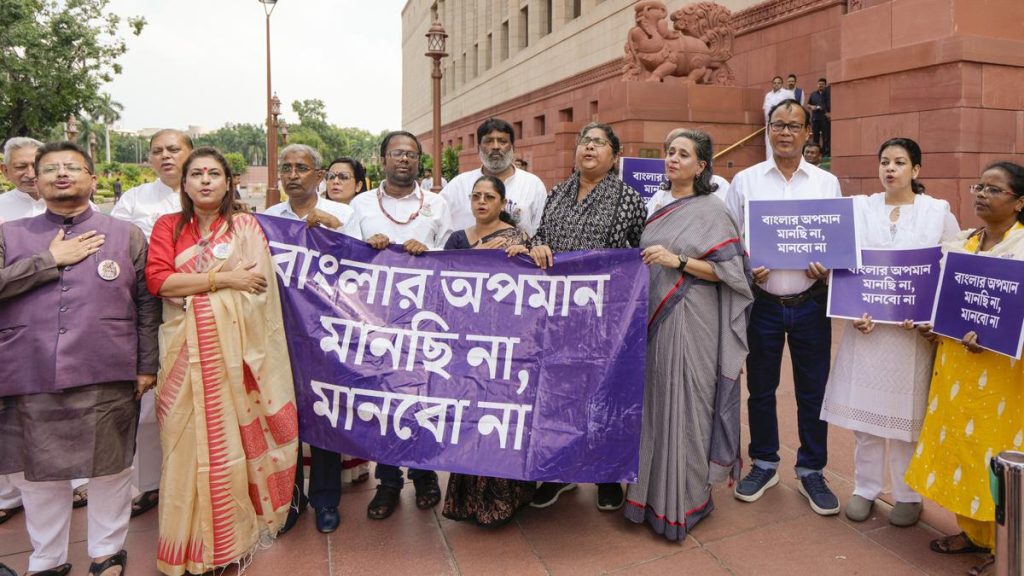Now Reading: Ex-NITI Aayog Deputy Chief Urges Unity, Advocates Private Sector Growth for Viksit Bharat
-
01
Ex-NITI Aayog Deputy Chief Urges Unity, Advocates Private Sector Growth for Viksit Bharat
Ex-NITI Aayog Deputy Chief Urges Unity, Advocates Private Sector Growth for Viksit Bharat

Quick Summary:
- Former NITI Aayog vice-chairman Rajiv Kumar emphasized that “buisness-as-usual” isn’t an option for India to become Viksit Bharat, advocating substantial changes in government-industry collaboration.
- Dr. Kumar suggested the need for deeper trust between government and business, cooperation among stakeholders (government, industry, academia, civil society), and short-term accountability toward shared national objectives.
- He stressed the importance of building “social capital,” warning that divisive politics increases societal uncertainty and deters investment.
- Other recommendations included adopting traditional values-recycling, reusing-and reducing excessive consumption to address environmental sustainability alongside economic growth.
- dr. Kumar highlighted India’s unique challenge of achieving exponential economic growth while simultaneously reducing its carbon footprint due to existential climate threats like rising sea levels.
- Ishan Joshi reflected on China’s geopolitical rise and argued for India’s contextual understanding of Chinese governance systems relative to global superpowers.
Indian Opinion Analysis:
India faces critical decisions as it seeks to balance rapid economic growth with environmental obligations amidst shifting socio-economic dynamics globally. Dr. Rajiv Kumar’s observations underscore the necessity of trust-building measures between government entities and private sectors-a factor historically significant in shaping india’s economy but ofen overlooked in policymaking discussions.Further collaboration across diverse platforms could indeed help align national goals with clear corporate contributions while boosting investor confidence through reduced societal uncertainties. Additionally, his emphasis on mitigating excessive consumption reflects a practical approach towards sustainable development amid growing climate risks.
Ishan Joshi’s analysis introduces nuances related to global geopolitics by urging India not only to sustain relations with Western allies but also pragmatically assess China’s regional ascendancy without ideological prejudice. Such balanced perspectives could contribute constructively toward long-term foreign policy strategies aligning with India’s objectives.
























